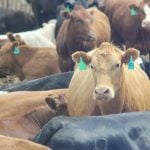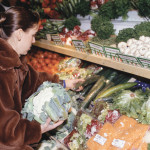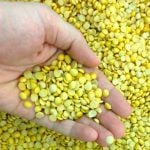
Comment

The ketchup saga
Imperfect information fuelled this social media uprising

Prairie water woes need collective action, not more words
Excessive moisture and flooding in recent years have compounded the threat to Prairie lakes

Analysis: Rising seed costs on farmer radar
There are different options for producers to consider

Crop prices and consumer food demand
Neither the production nor the consumption side of the total food supply equation responds quickly to price decreases

Adjusting production to lower prices is a slow process in crop agriculture
Aggregate crop production tends to remain steady in the face of lower prices, essentially locking in low prices for long periods of time

The TPP attacks democracy and supply management
Increasing imports of U.S. milk would be blended with Canadian product

The nature of agricultural supply
Farmers don’t respond to supply-and-demand signals in the same way as other business operators

Cauliflower hysteria offers lessons for Canadian consumers
Food inflation is hammering consumers, but there are ways to reduce price pressure

Analysis: Longtime CGC chief commissioner steps down
During his tenure Elwin Hermanson stepped up enforcement and defended the importance of grain quality control

Let science speak without bias
Objective, rigorous science stands on its own merits


